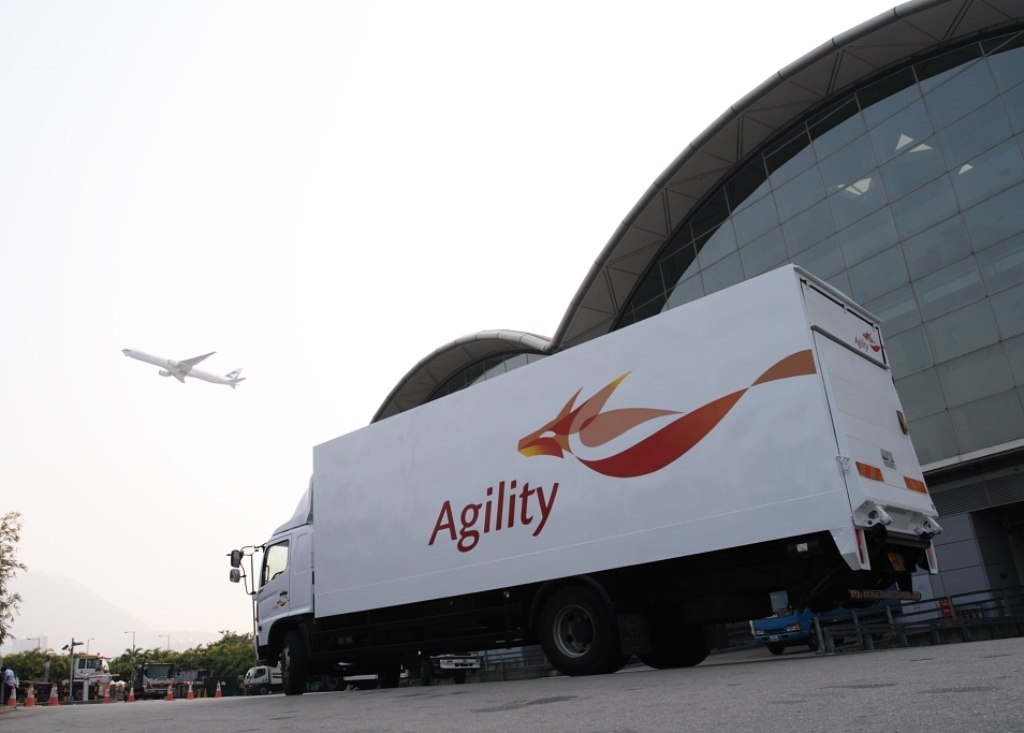Mixed performance for Agility in H1
17 / 08 / 2020

Agility saw its profits dive in the first half, although its airfreight business performed well.
The company saw its revenues for the first half decrease by 1.3% year on year KD765.1m, earnings before interest, tax and depreciation (ebitda) was down 20.1% to KD75.8m and net profits slipped by 61.3% to KD16.2m.
The decline was largely driven by its infrastructure division, which was affected by its general aviation businesses.
Meanwhile, its global integrated logistics business saw its ebitda for the half year increase by 1.3% on a year earlier to KD28.8m and revenues were flat at KD135.8m.
This was driven by strong contract logistics, project logistics, and airfreight results, as well as a sharp focus on containing costs, the company said.
Volumes were down in both airfreight and ocean freight in the first half of this year, by 23.6% in airfreight (tonnage) and 14.8% in ocean freight (TEUs), due to Covid-19 impact on demand due to lockdowns, production stoppages, and economic contraction across industries and geographies.
However, the first half saw higher yields in airfreight due to capacity shortages and a spike in demand for urgent shipments of PPE and other medical equipment. First-half airfreight net revenue increased 17% compared with the same period a year earlier, while ocean freight net revenue decreased 16% against last year.
Contract logistics achieved 7% net revenue growth, mainly in the Middle East region as the result of the addition of new facilities and “increased operating efficiencies”.
Project logistics showed registered a 25% net revenue increase, driven by new capital projects and positive volume development from existing customers. Fairs and events net revenue fell 46% with the cancellation and postponement of key events.
Tarek Sultan, Agility vice chairman and chief executive, said the economic fallout from the pandemic has had an uneven effect on Agility businesses: “Our contract logistics business and logistics parks have weathered this reasonably well because demand for storage space has been steady or increased, especially as customers have looked to add to safety stock or support pandemic-driven increases in e-commerce sales.
“In many instances, we are experiencing accelerated adoption of disruptive and emerging technologies related to the Covid-19 pandemic or underlying CSR paradigms. Other Agility businesses, such as aviation and airport operations have been directly impacted by the decline in air travel and traffic and are now pivoting towards the development of pioneering new technologies that will be essential to the re-enablement of global travel.”














